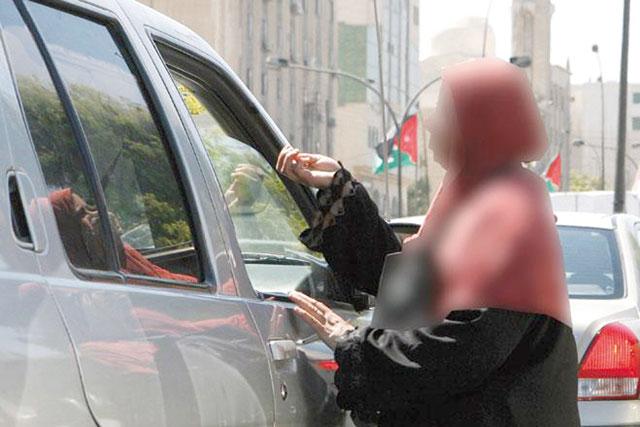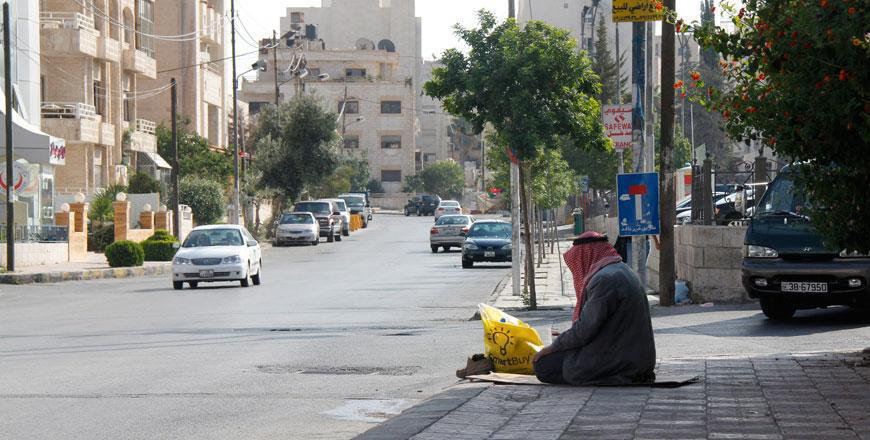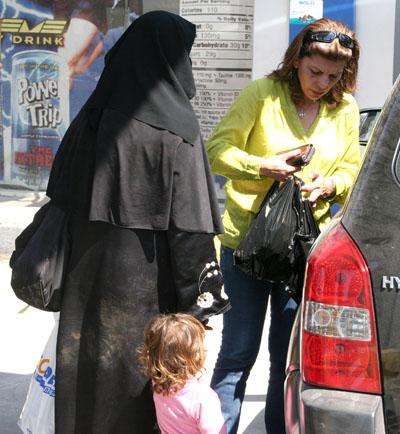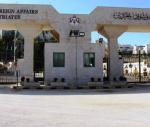You are here
Arrests of beggars to triple this Ramadan — official
By Ahmed Bani Mustafa - May 31,2018 - Last updated at May 31,2018

The Social Development Ministry has already referred 333 beggars to the judiciary during the first third of Ramadan (File photo)
AMMAN — The number of arrested beggars during Ramadan is expected to triple compared to the holy month of last year, an official said.
The Social Development Ministry has already referred 333 beggars to the judiciary during the first third of Ramadan, said ministry spokesperson, Fawaz Ratrout, noting that last year the total number of beggars arrested during the month of Ramadan was 550.
"This year, we expect that number to reach 1,000," he told The Jordan Times on Thursday.
Out of the 333 arrested beggars so far, 231 were arrested in Amman, according to the official. The southern governorates including Tafileh, Maan and Karak, apart from Aqaba, came at the bottom of list, with the lowest numbers of arrested beggars, Ratrout stated.
The highest numbers are usually recorded in Amman, Zarqa and Irbid, as they are the largest cities and have a large population, the official claimed, where beggars are less wary about being recognised, unlike in smaller less populated areas where people are generally more familiar with each other.
Tafeleh, along with Petra district in Maan, Northern Badia, Banni Kenanah and Kourah districts in Irbid recorded the least numbers of beggars so far, according to the spokesperson.
In remarks to the Jordan News Agency, Petra, Rartout said that the 333 beggars included 221 adults with a majority of women and 112 juveniles, most of whom were boys.
Begging is considered a crime in the Kingdom as stipulated by Article 389 of the Jordanian Penal Code, which penalises the act with fines or imprisonment, the spokesperson said.
First-time offenders “shall be punished for a period not exceeding three months or the court may decide to refer them to any institution designated by the minister of social development which provides care for beggars for a period no less than a year and no more than three years”, Article 389 of the Penal Code reads.
For juveniles, the ministry refers them to specialised centres for protection and rehabilitation, the official noted.
Elderly beggars above 60 years of age are referred to the administrative governor then to eldercare centres where they are taken care of, according to the spokesperson.
Each year, Ramadan witnesses a hike in the number of beggars at marketplaces, and in front of mosques and banks compared to the rest of the year, as there is a perception that people are more prone to donating money during the holy month, according to official figures.
Related Articles
AMMAN — An unprecedented number of beggars were arrested during Ramadan as a result of “intensified efforts” to combat the practice, an offi
AMMAN — The Social Development Ministry’s Anti-Vagrancy Department said it had arrested 7,809 beggars, including 4,069 juveniles, in 2023 co
The Ministry of Social Development has addressed the General Iftaa Department to issue a fatwa (Islamic edict) forbidding people to give alms to beggars, a ministry official said on Thursday.

















